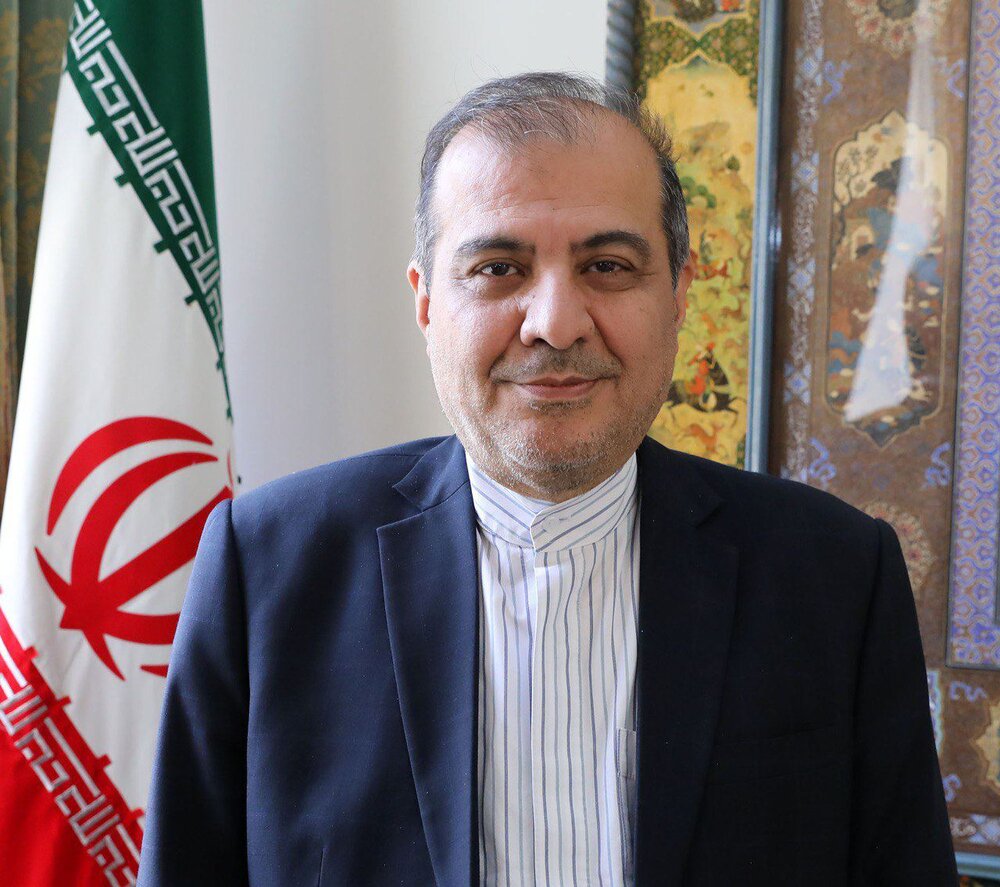UN envoy, Iranian diplomat meet to discuss Syria developments

TEHRAN — The UN secretary-general's special envoy for Syria, Geir O. Pedersen, and the Iranian foreign minister's special assistant for political affairs met on Monday to discuss the latest developments in Syria.
During the meeting, Pedersen informed Ali-Asghar Khaji of the results of his recent talks on Syria in a number of regional countries, the Foreign Ministry website reported.
The two sides also talked about the latest progress in holding the next meeting of the Syrian Constitutional Committee, hoping that the fourth session of the committee would convene in the near future.
They discussed the issues surrounding a conference on the return of Syrian refugees and displaced persons, due to be held in Damascus later this month.
In the Monday talks, Khaji emphasized the necessity of addressing the problems of Syrian refugees and displaced persons as a humanitarian issue that would build trust among the Syrian sides.
Highlighting the positive impacts that the upcoming conference would have on the political settlement of the crisis in Syria, the Iranian diplomat called for an active participation of countries in the conference.
Iran, Russia, and Turkey have been leading a peace initiative to bring the Syrian crisis to an end. The initiative is known as the Astana process, because Kazakhstan’s capital, Nur-Sultan, formerly called Astana, originally hosted the meetings.
The Astana process has so far resulted in two agreements. The first deal was signed in Nur-Sultan, arranging for the creation of de-escalation zones across Syria, including in parts of Idlib.
The second deal was signed in the Russian resort city of Sochi, allowing Ankara to bring in a small number of forces to man the observation posts to reinforce de-escalation.
Syria has been gripped by foreign-backed militancy since March 2011. However, the conflict has been winding down as the Syrian government reasserts control over parts formerly held by terrorist groups.
MH/PA
